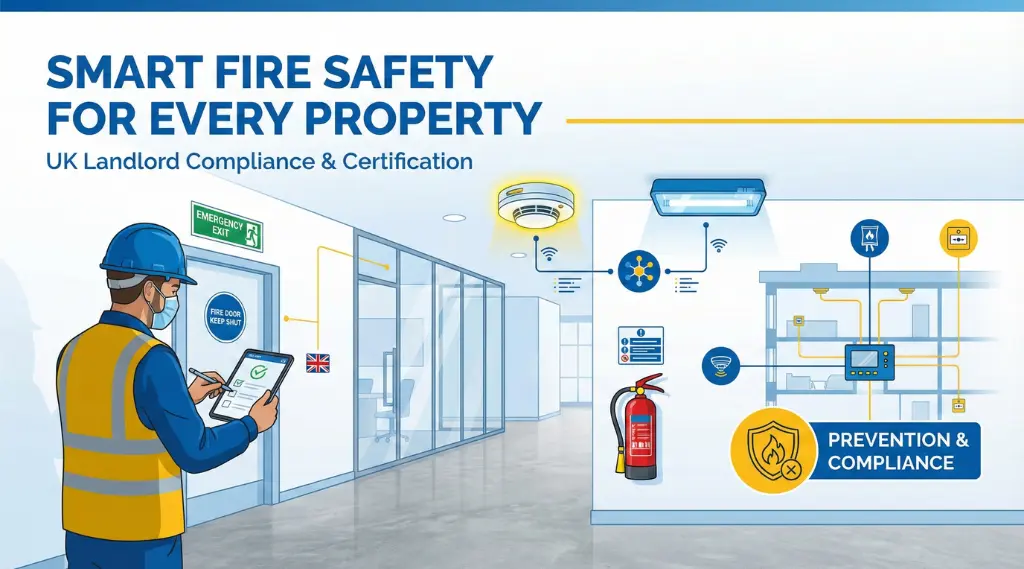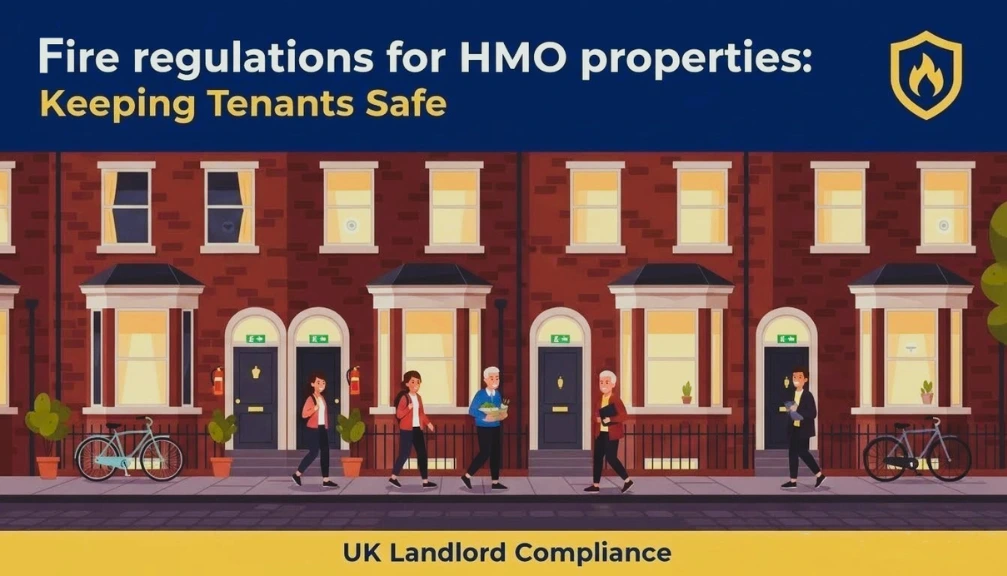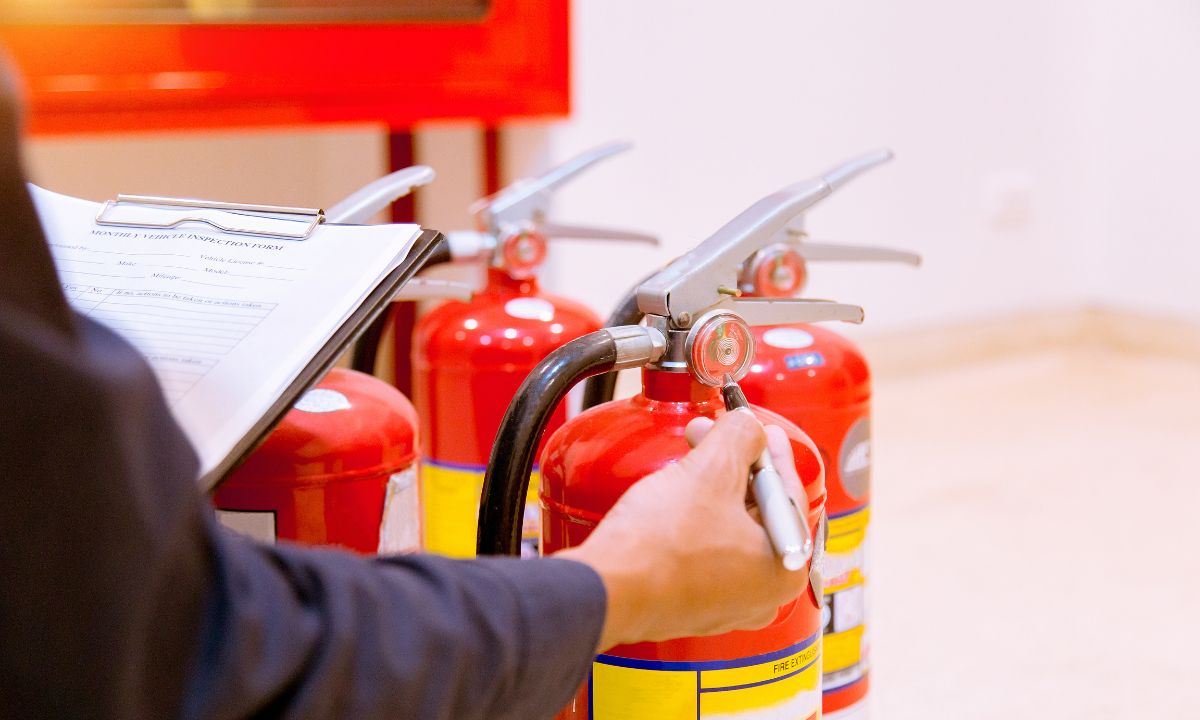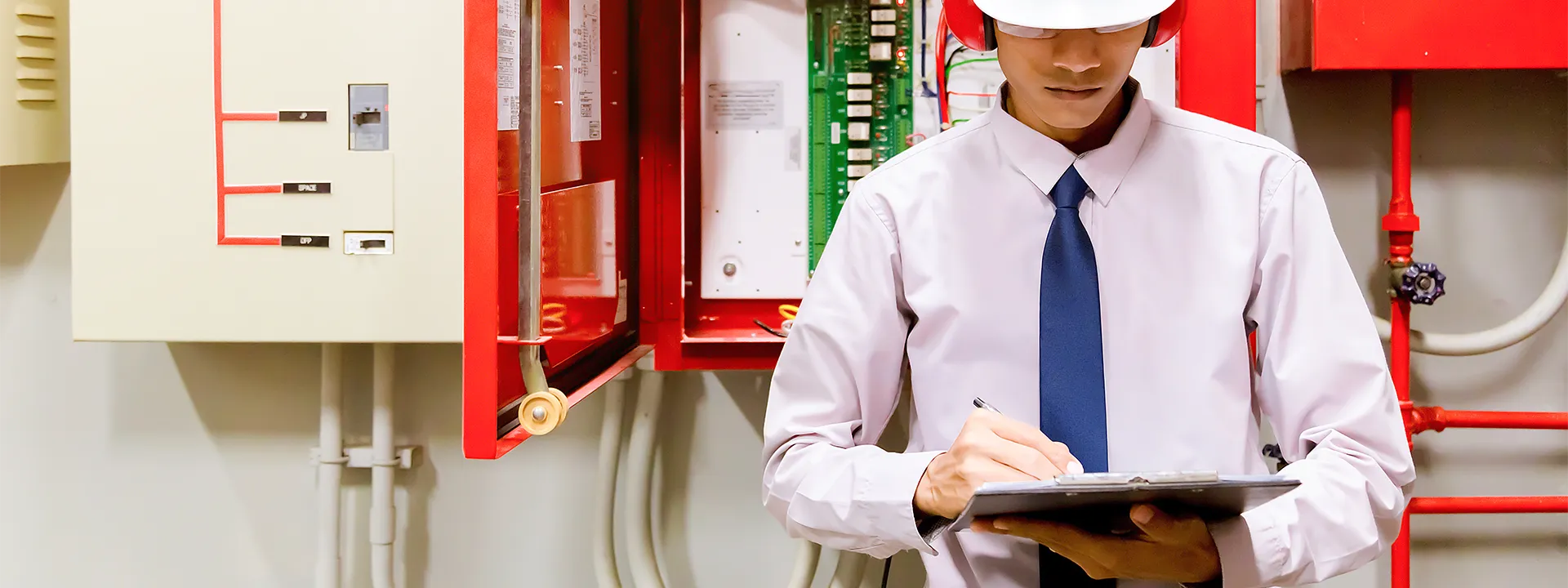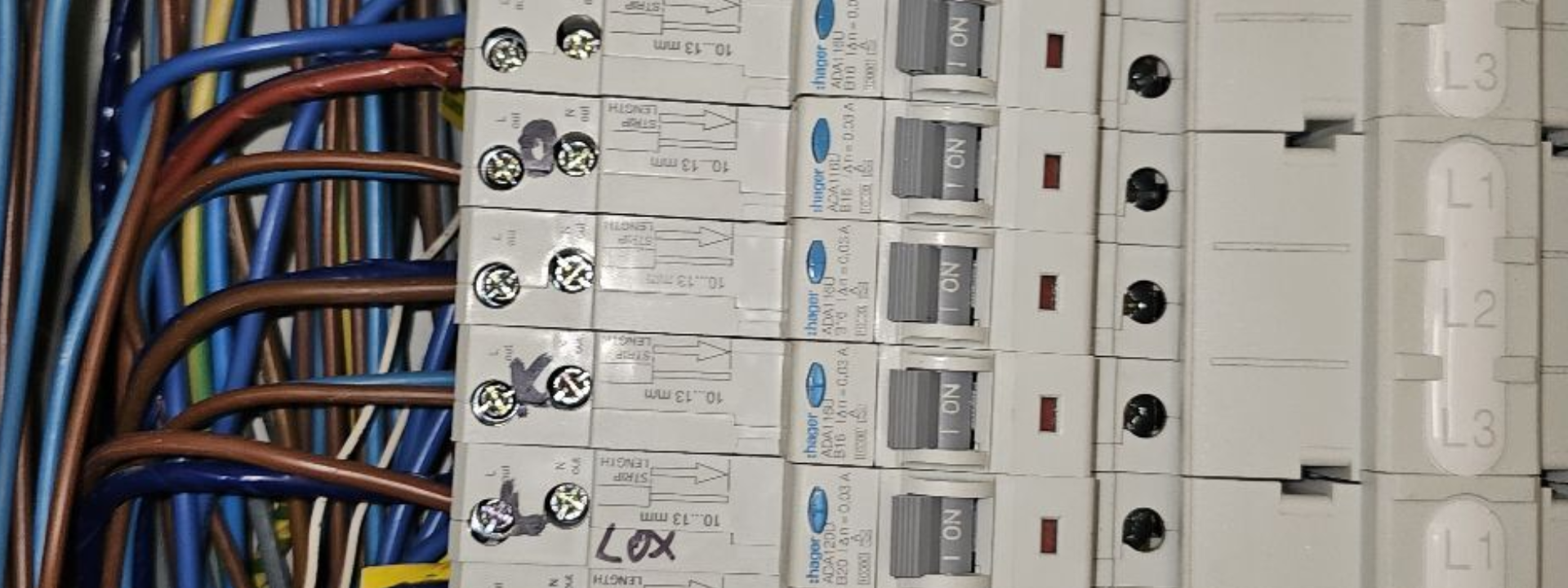One can’t call themselves a proper landlord even if they have a building to their name, not unless they have the correct certificates. Landlords and certificates are an essential aspect of rental property management, with several certificates that landlords may need to obtain and maintain. In this article, we will be going over the most important types of certificates that are generally needed in most countries.
Safety Certificates
Safety is paramount in all areas of life, and that’s doubly true regarding homes and apartments. So one of the most important types of certificates a landlord like you will need are safety certificates. Here are two examples:
- Gas Safety Certificate: Landlords in many countries must have an annual gas safety inspection by a registered gas-safe engineer. This certificate ensures that gas appliances and installations are safe for tenants. Follow our guide to get a gas safety certificate with ease in London.
- Electrical Safety Certificate: Certain regions necessitate that landlords arrange for a certified electrician to inspect and rigorously test their electrical installations. These official certificates validate the safety of the electrical system within the rental property.
Energy Performance Certificate (EPC)
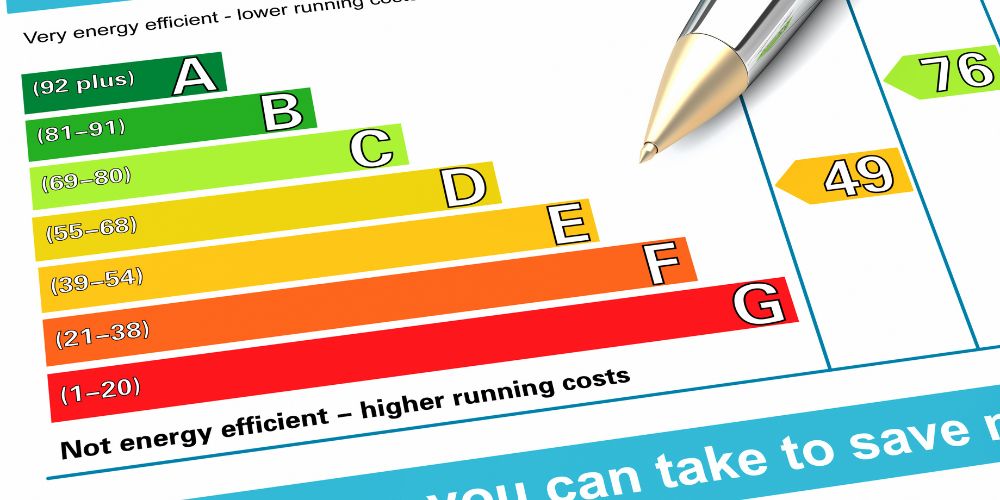
The Energy Performance Certificate (EPC) assesses a property’s energy efficiency, rating it on a scale from A to G, with A denoting the highest efficiency level. Landlords are usually required to provide an EPC to prospective tenants. The certificate also provides recommendations for improving energy efficiency.
Housing Health and Safety Rating System (HHSRS)
In the UK, landlords must ensure that their properties meet the HHSRS standards, which cover various health and safety aspects. Neglecting to follow these standards may result in potential legal repercussions.
Tenancy Deposit Protection Certificate
In many countries, landlords must protect their tenants’ security deposits in a government-approved scheme and provide a certificate or information about the scheme to the tenant within a specified period after receiving the deposit.
Smoke and Carbon Monoxide Alarms
Some jurisdictions require landlords to install and maintain smoke and carbon monoxide alarms. These alarms help ensure tenant safety. Fires are most common in buildings and certificates that show your tenants that you have taken steps can be very helpful.
Licenses and Permits
Some areas require landlords to obtain specific licenses or permits to rent out their properties legally. The requirements vary by location and property type.
Renting to Students or Vulnerable Groups
If you are renting to students or vulnerable groups, you may need additional certificates or inspections to ensure the safety and suitability of the property. Regulations can vary from country to country. These housings fall under HMO Guidelines in the UK and thus will have greater scrutiny so landlords need to care to meet all the certificate requirements.
Local Regulations
It is imperative to stay well-informed about the specific regulations applicable to your area, as landlord certificate requirements can differ significantly based on location.
Local housing authorities or government agencies can provide information on the necessary certificates for your rental property.
Record-Keeping
Landlords must maintain records of all certificates, inspections, and maintenance activities related to their rental properties. This documentation can be necessary in case of disputes or legal issues with tenants.
Landlords and Certificates: Precautions
Having the correct certificates won’t do a landlord any good unless they take some basic precautions. Things can happen at any time, and new laws are being put in place frequently, so you need to stay on top of things. Here are some precautions we believe any proper landlord needs to know and follow:
Work with Qualified Professionals
Hire qualified and registered professionals for inspections and certifications, such as gas-safe engineers, certified electricians, and energy assessors. Ensure they provide valid and up-to-date certificates.
Keep Accurate Records
Maintain organized records of all certificates, inspections, and maintenance activities. This documentation should include dates, details of service providers, and copies of certificates. Proper record-keeping can help in case of disputes or legal issues.
Renew Certificates on Time
Pay close attention to renewal dates for certificates. Create a system to track renewal deadlines, ensuring certificates remain valid and compliant with regulations.
Plan for Tenant Turnover
Be prepared to reissue certificates and inspections when new tenants move in. This includes renewing gas and electrical safety certificates and ensuring smoke alarms and carbon monoxide detectors are in working order.
Understand Penalties and Consequences
Familiarize yourself with the potential penalties and consequences for non-compliance with certificate requirements. Ignorance of the law is not a valid defense, so understanding the risks is essential.
Consider Insurance and Liability
Landlords’ insurance can offer protection in case of unforeseen events or legal disputes. It is advisable to meticulously review your insurance policy to guarantee it extends coverage to potential certificate-related issues.
Conclusion
To ensure you are meeting all the requirements, it’s a good practice to consult with a legal professional or property management expert who is knowledgeable about local rental laws and regulations. There are many benefits if you do so.
Ensuring compliance with the requisite certificates and safety standards isn’t solely a matter of legal obligation but also serves to safeguard the welfare of your tenants and bolster the enduring prosperity of your rental venture. Like we say in the business, landlords and certificates are deeply connected.

